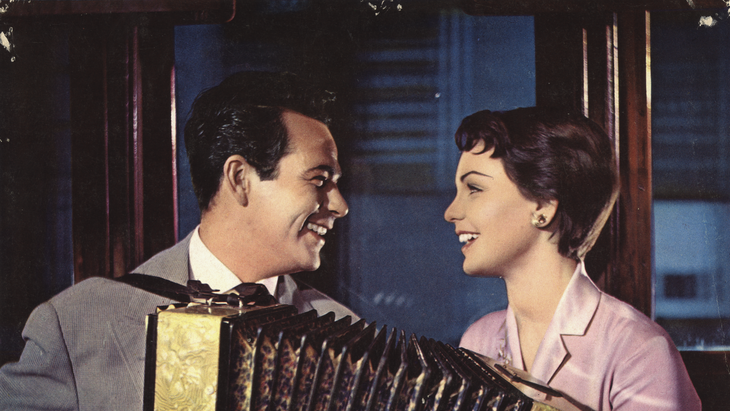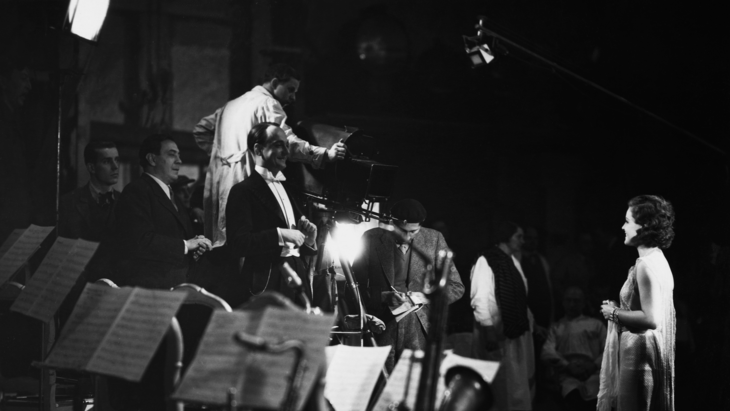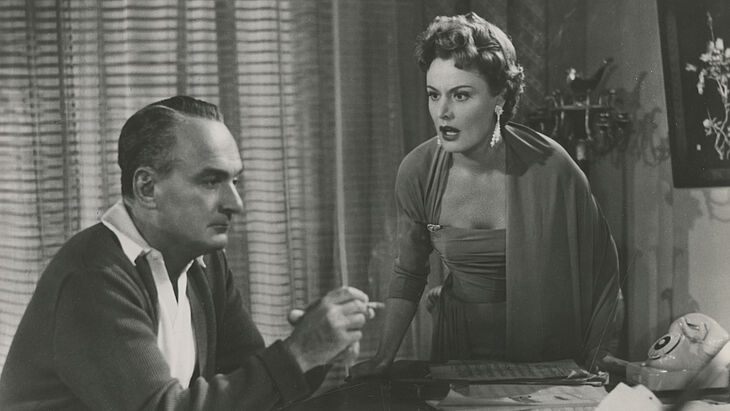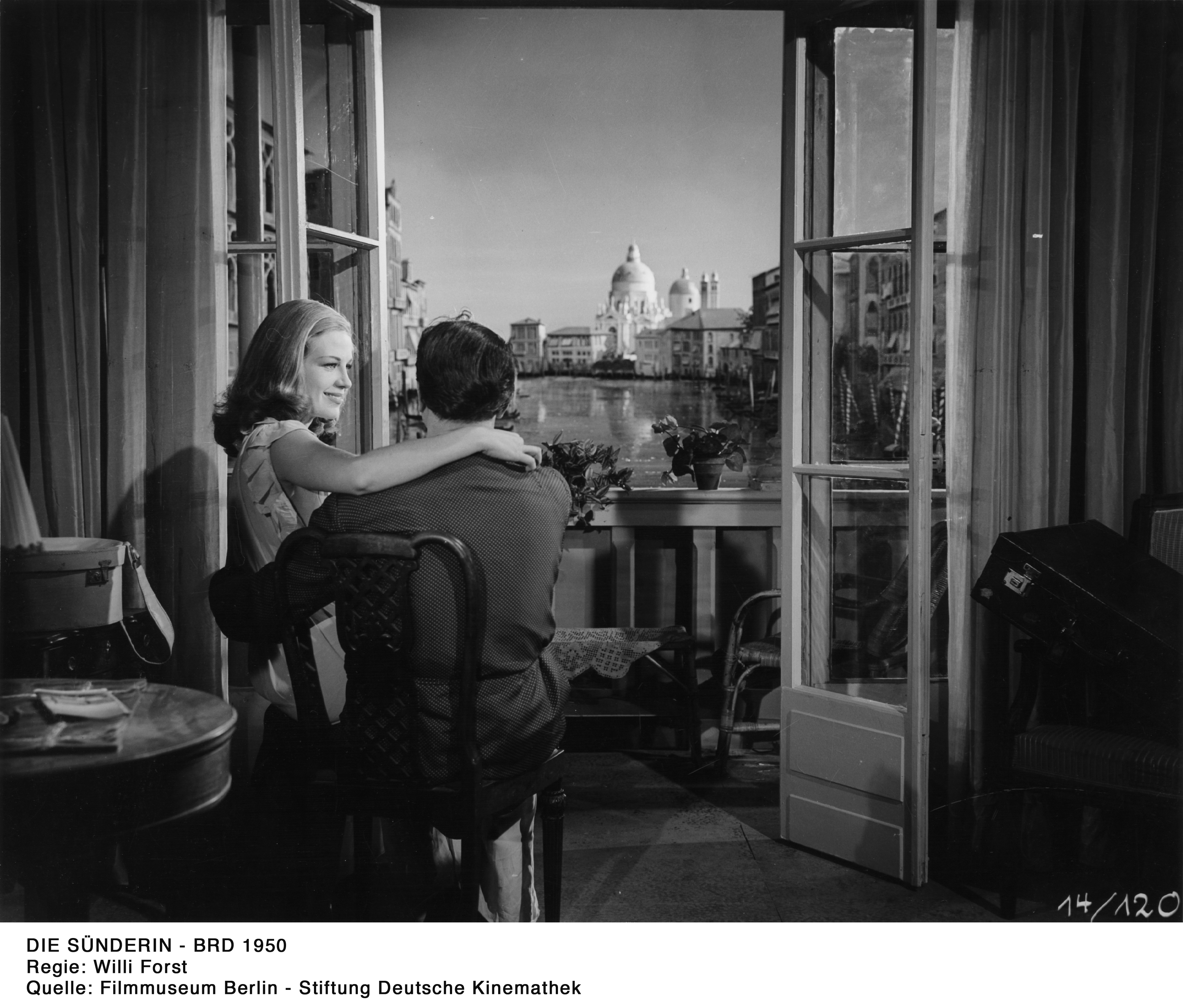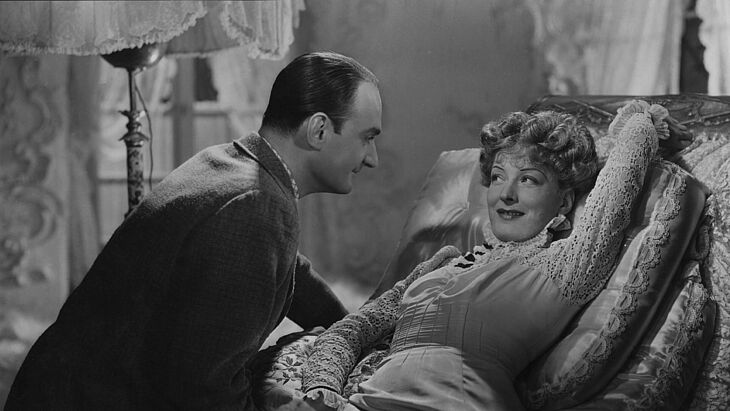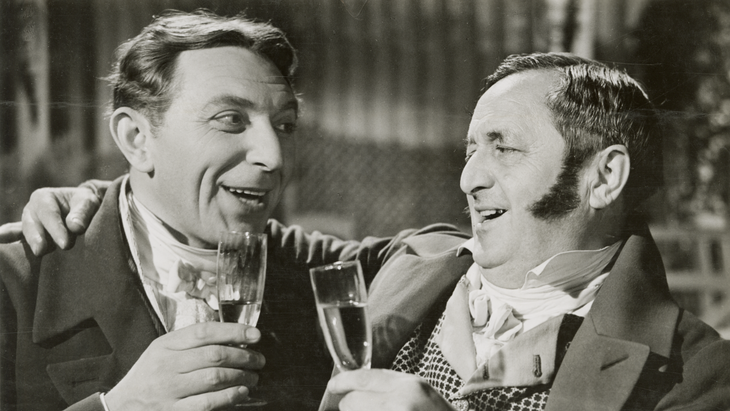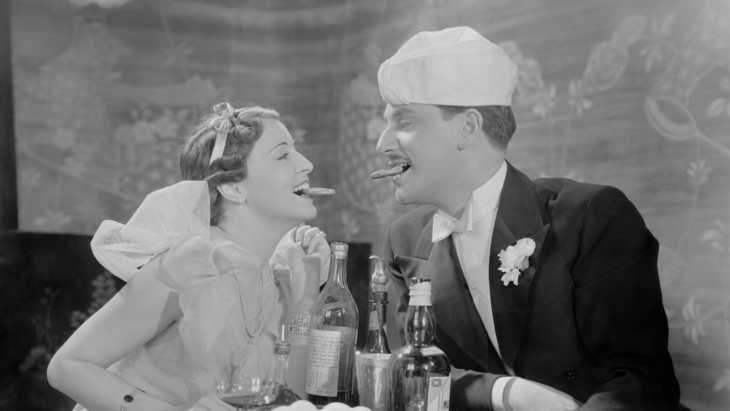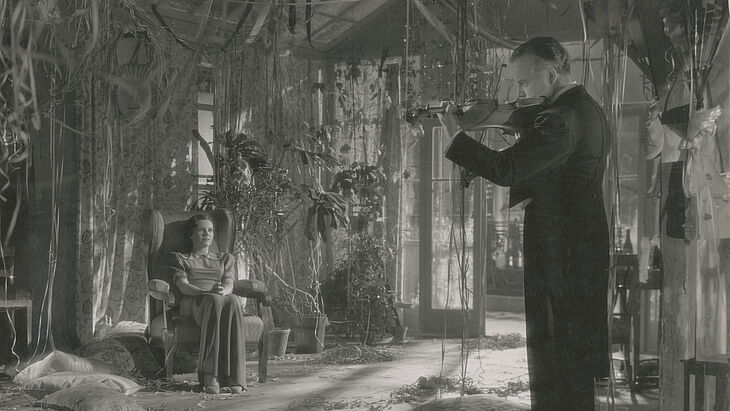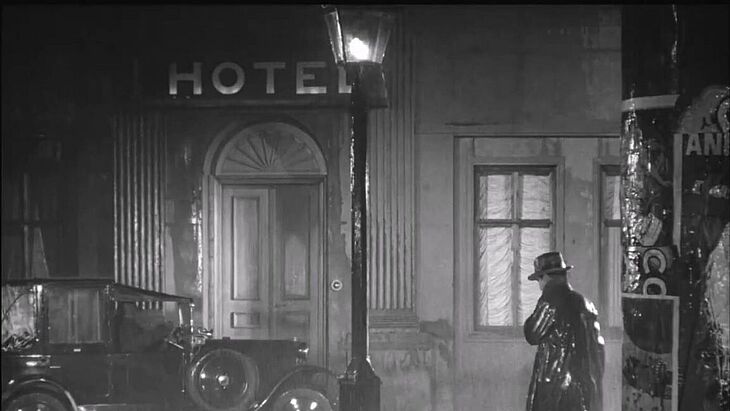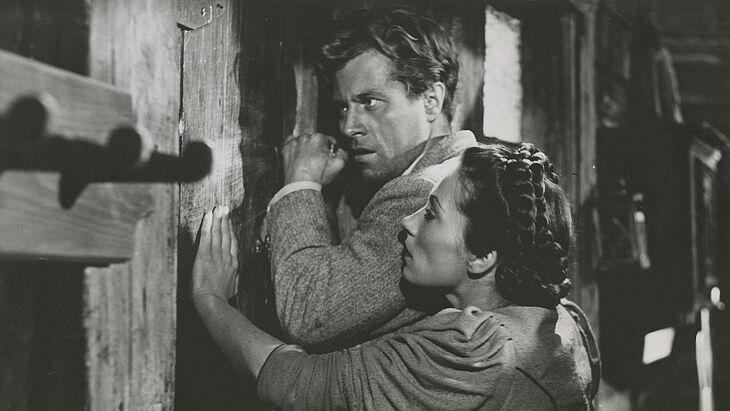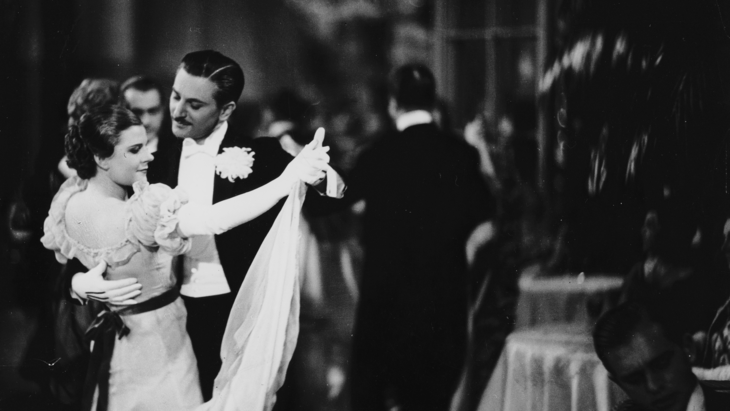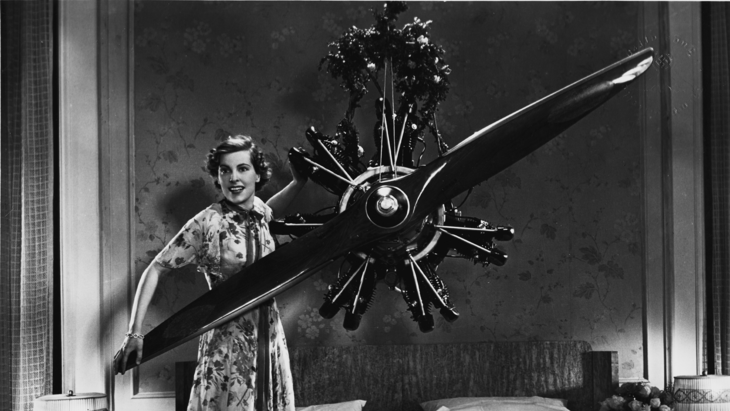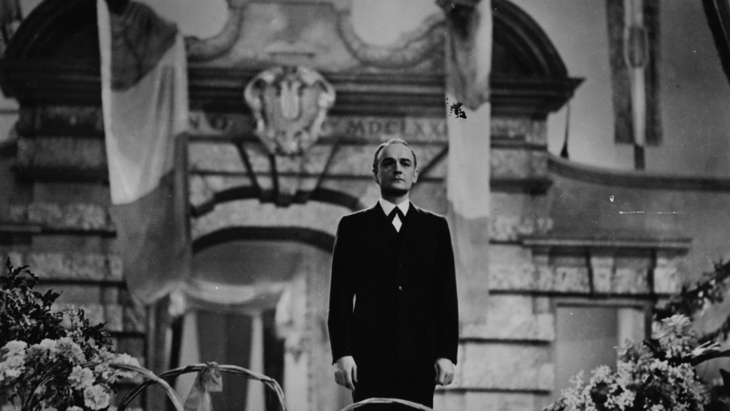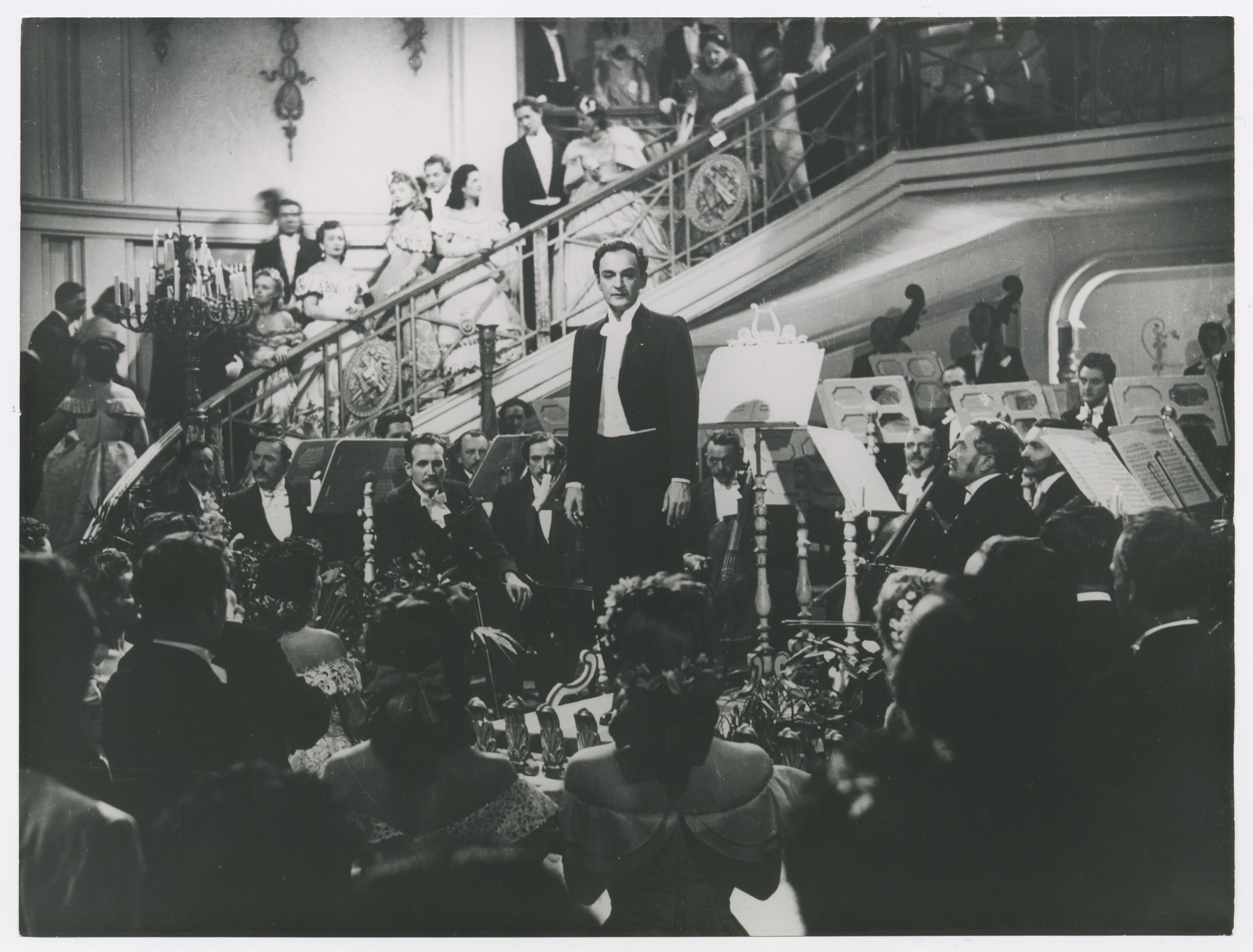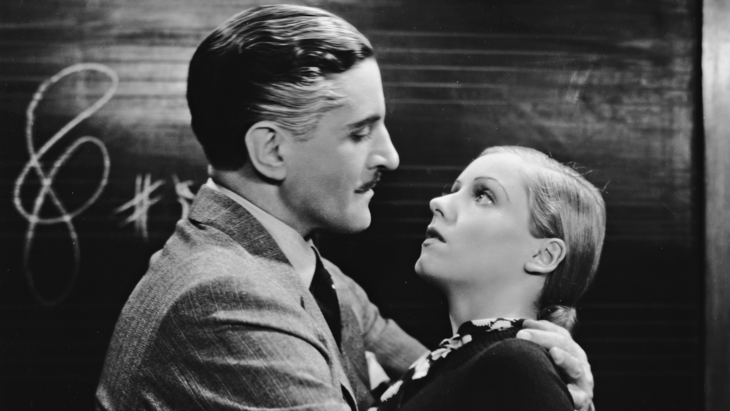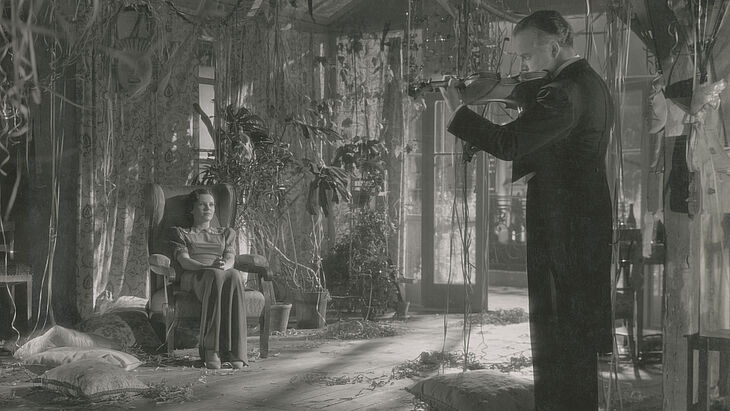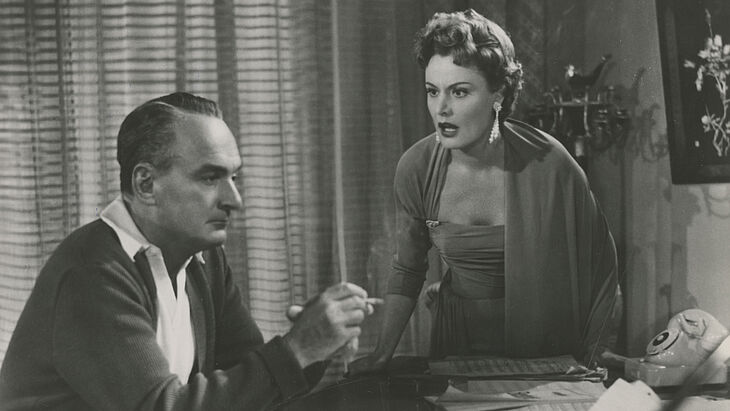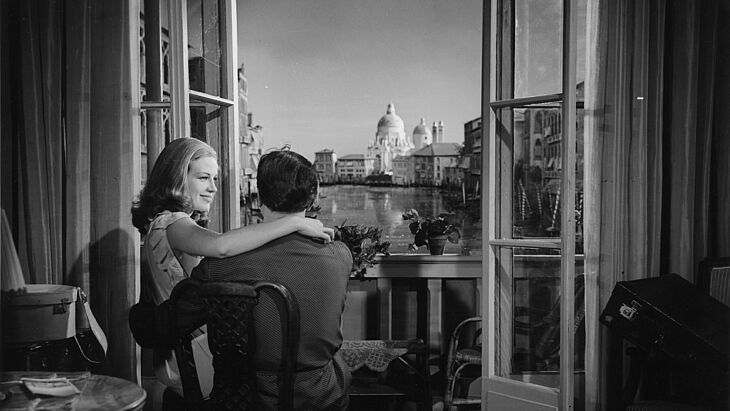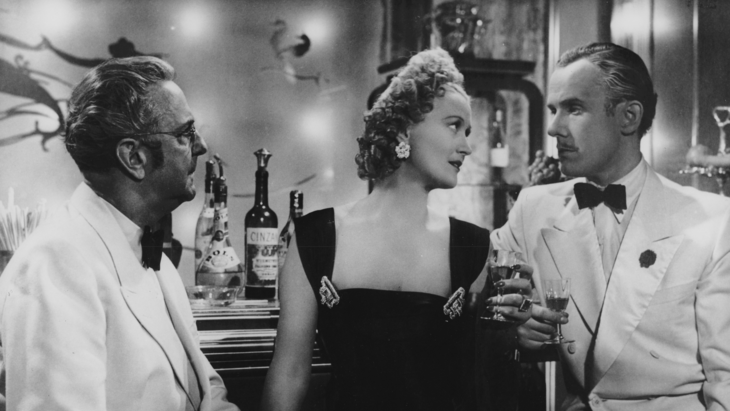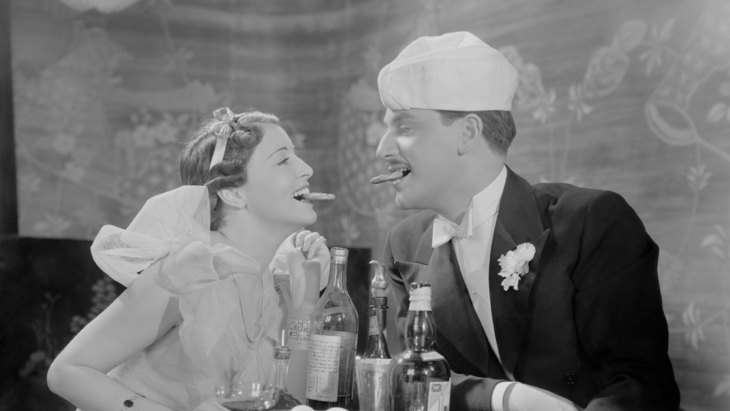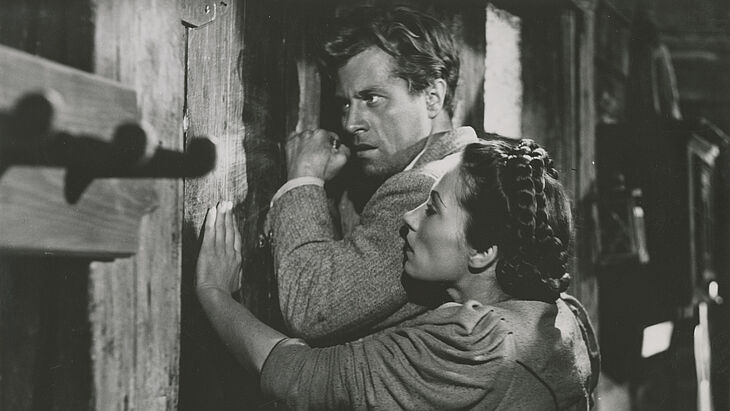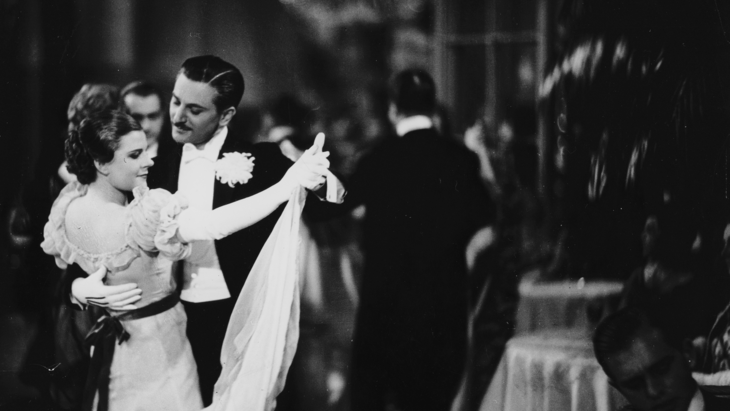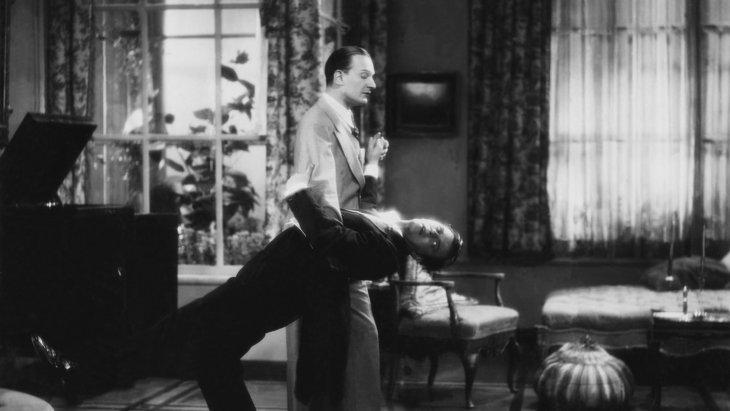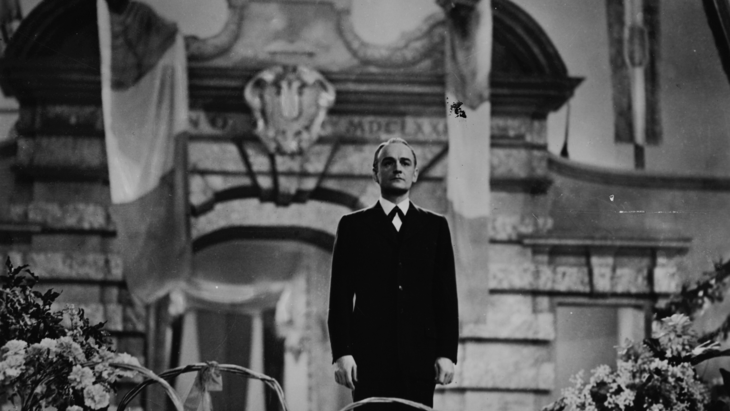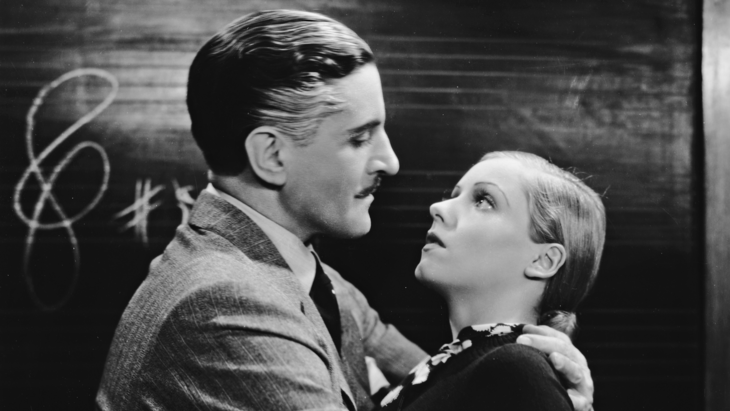Seductive Melancholy
The Films of Willi Forst
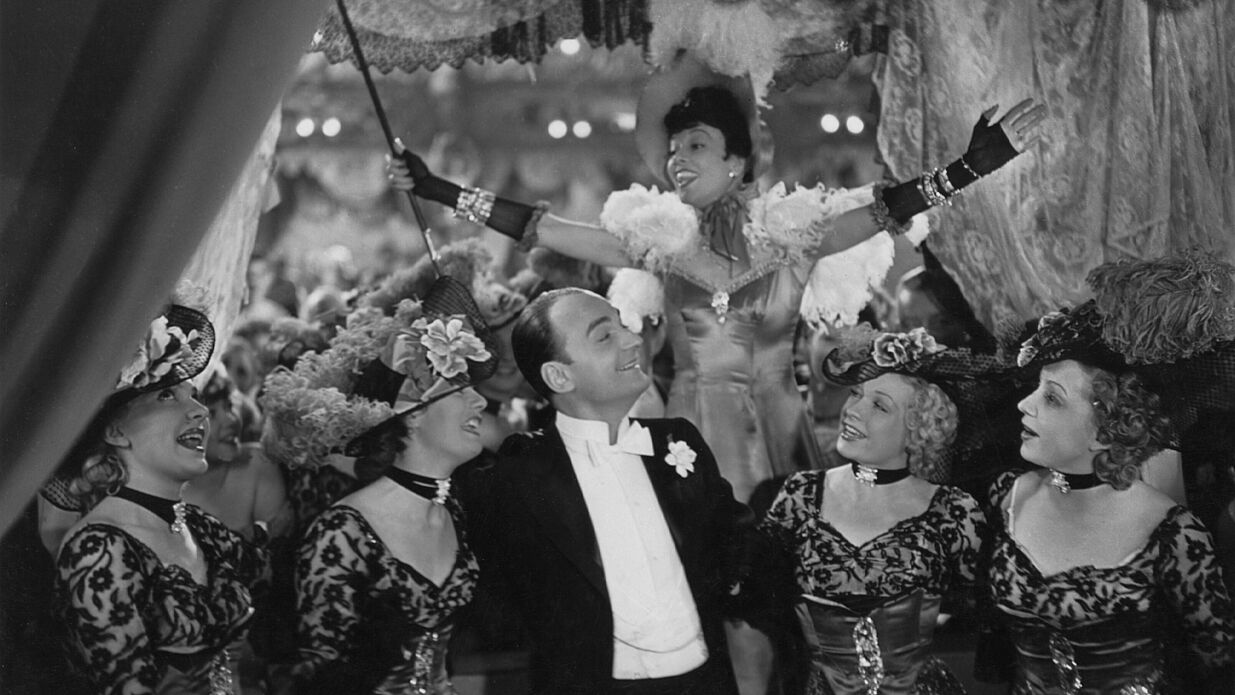
“Not an inch of celluloid” was used by Willi Forst, a “charmer without a hint of servility”, to prolong fascism, wrote Karsten Witte in his obituary of the Viennese director and actor. Not all film historians take such a merciful view of Forst's life and work, who owed his breakthrough in the early 1930s - initially as an actor - largely to his collaboration with Jewish colleagues, but who, unlike them, was able to continue working for the German market after 1933 without any problems. During the National Socialist era, Forst achieved great success with audiences and at times even sat on the supervisory board of Tobis AG, which was certainly “systemically relevant”.
However, Forst is undoubtedly one of the few film artists who succeeded in developing an artistically independent position in the German cinema of the 1930s and 1940s, one that retained its independence from the ideological guidelines of National Socialist cultural policy. And that is: aesthetic independence. Forst's cinema is a cinema of form, not of content, of surface, not of depth. A cinema dedicated to the “light genres” - operetta, comedy, sentimental drama - and imbued with an underlying tone of gentle melancholy. “We sense the melancholy, the sense of nostalgia behind the frivolity, the glamor, the brisk pace with which Forst envelops his (dream) world with loving care, as if trying to protect it from the danger of coming into contact with the everyday world and evaporating.” (Francesco Bono)
Although Forst's film career began with silent films, his cinema only really came into its own with sound films. Forst's directorial work is imbued with a deep, almost obsessive love of music. Never merely atmospheric background music, it shapes all facets of his films - be it plot, mise-en-scène or montage. In a Forst film, a melody can lead to happiness, as in Maskerade, or to ruin, as in Mazurka. Indeed, for Forst, cinema was first and foremost a musical art form, and this very musicality may have been one of the reasons why he was able to escape the clutches of Nazi censorship: Unlike them, he knew that the forces of cinema were not always to be found in the realm of the visible.
In other words, the oeuvre of one of the great anti-realists of German-language cinema is to be discovered. This oeuvre spans three decades and has significantly influenced two national cinematographies, the Austrian and the German. Once a permanent fixture on afternoon television programs, his films have since been largely forgotten - or reduced to clichéd images of Viennese waltz bliss and Forst as the eternal Bel Ami. The Zeughauskino presents Forst's cinematic oeuvre in its entirety and shows a selection of his directorial works from all creative phases as well as examples of his work as an actor for other directors and films in which he acted as producer. (Lukas Foerster)
Lukas Foerster is an author and curator. Among other things, he works in the program team of the Filmhaus Nürnberg. Our jointly curated Willi Forst retrospective was created at his suggestion.
